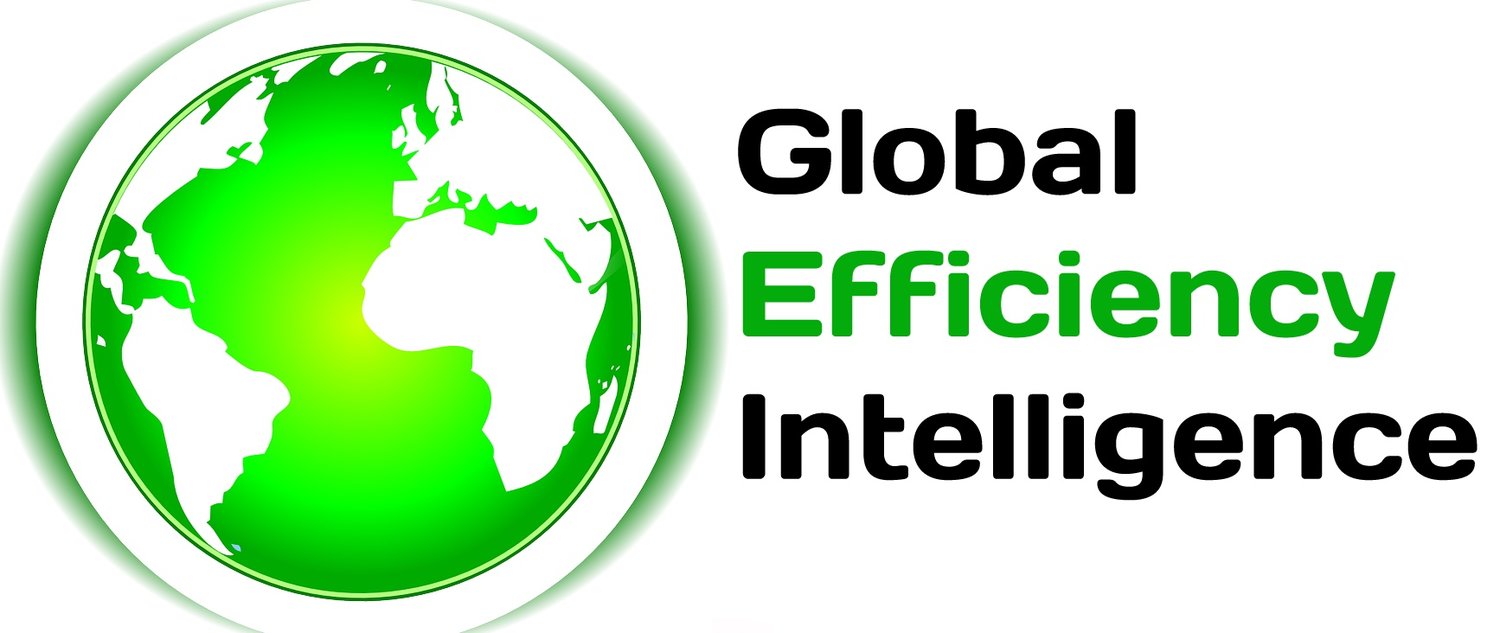Electrification of Industry through Heat Pumps
Thermal processes in U.S. manufacturing are responsible for approximately 75% of the total final energy demand. Decarbonization of industrial heat demand through electrification could contribute significantly to climate change mitigation efforts. Cross-cutting electrification technologies that are applicable to a range of industrial processes without needing major modifications to the existing infrastructure may facilitate the clean energy transition in the industry.
Electric-driven heat pumps are among those technologies that are suitable for process heat supply to several industrial unit operations in a sustainable manner, while also improving the overall energy efficiency. However, despite a promising alternative for an efficient and emission-free supply of process heat at technically feasible temperatures in industrial processes, the industrial heat pump deployment in the U.S. has been limited.
Presently, there is a lack of studies in the literature that focus on wide-scale applications of industrial heat pumps in U.S. manufacturing. To address this, Global Efficiency Intelligence, LLC has partnered with Lawrence Berkeley National Laboratory to conduct one of the most comprehensive studies on potential applications of industrial heat pumps in the U.S. This study aims:
i) to review the current state-of-the-art and real-life applications of industrial heat pumps globally,
ii) to analyze the technical, economic, and energy-saving and CO2 reduction potentials of the industrial heat pumps technology’s wide-scale deployment in several U.S. manufacturing sectors under different energy supply and price scenarios,
iii) to identify the drivers and barriers to implementation and provide action plans to overcome the barriers.
We are conducting the industrial heat pumps application analysis for the following industrial subsectors: meat processing, dairy, beer, canned vegetable and fruit processing, cane sugar refining, beet sugar, corn wet-milling, soybean oil, textile spinning, and weaving, textile wet processing, pulp and paper, and automotive industries.

